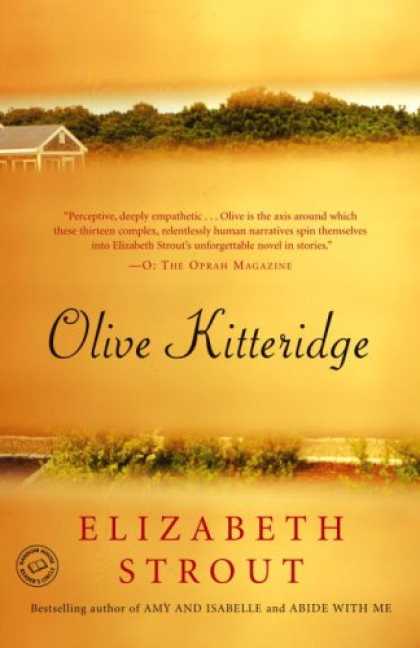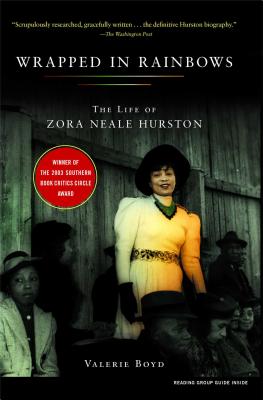I thought I'd take a moment to mention that today is the street date for the American paperback edition of
Fifty Grand, Adrian McKinty's action packed thriller about a Cuban detective who sneaks up into
El Norte to track down her father's killer.
In the book biz, 'the street date' is the date a book is officially available for sale, which is an attempt to level the playing field for all sellers. For some reason lately Tuesday seems to have been designated as the day for new books to come out, so today for example we have the latest Diana Gabaldon for sale in paper and a new Janet Evanovich in hardback. (I'm not providing links--you're not getting away that easily.) But other books are also released that may not have gotten such promotion as either of these fine women have, and that's a little bit of what I wanted to talk about here today.
If you're reading this blog, you have almost certainly at least heard of Stieg Larsson's
The Girl With the Dragon Tattoo, and quite possibly already devoured the whole trilogy. I have nothing against the books or there subsequent success, though it is a bit sad that Larsson isn't around to reap the benefits of it. I read the first one, and liked it pretty well, though was bothered that the mystery didn't really hold up, and found the graphic violence against women pretty tough going at times. And, although I didn't mind these so much myself, I heard others complain that it suffers from too much information syndrome and even that both prose and plot were
terrible.
The reason people seem to be willing to overlook so much of this, though, is that Larsson created a tough, smart, resilient and utterly determined heroine. Also, she had a pretty nifty tattoo.
So is it really all about the tattoo, then? Because
Fifty Grand has a tough, smart, resilient and utterly determined heroine as well. Mercado is just as independent as Salander is, and actually a lot more out there on her own than even she knows. They both come from what you might call 'bad home lives', though Mercado's is more cultural than domestic. Both suffer the attempt of some appalling sexual violence and the threat of it pretty much all the time.
True, Detective Mercado doesn't have a photographic memory. She isn't a genius hacker, with a hidden underground friend who can provide her with the latest equipment. And she doesn't have a tattoo of a dragon on her body--at least I don't recall one.
But the story she dwells in is a better story. It's more tightly written and plotted. The author has lyric gifts that Larsson did not have, at least in translation. Larsson's first tale, anyway, is obsessed with Sweden's hidden Nazi past, while McKinty's is interested in the power structures and abuses of the present. I haven't come across anyone who brings more sociological awareness than he does to his fiction, though I'm aware that this is a title Larsson himself might have relished.
Now, I may not be playing fair with Larsson's books, as I've only read the first. I'm really just saying that there is obviously a market for good books with kickass heroines and
Fifty Grand fits the bill. So where was the marketing campaign for this one?
I wrote a somewhat less serious piece on
Fifty Grand when it came out in
hardback, but that's a year ago, and though I doubt this blog has more readers now than it did then, it might at least have a few different ones.
By the way, for the few people in the world who are less aware of sporting events than I am (and yes, I'm aware that not a lot of toddlers will be reading this blog), the featured picture is not of the author or in any other way related to the book. It's just a nod to McKinty's Northern Irish origins, which he shares with Graeme McDowell, winner of the 2010 U.S. Open. The guy with him is his dad.
On the other hand, his strategy for achieving his underdog win might well mirror Mercado's on her own high stakes quest:
"I controlled my emotions; I felt calm all week. Probably the worst I'd been was Thursday when I got a little frustrated out there. I hit a few bad shots and got frustrated... I promised myself I was going to be calm, and I was going to hang tough."
And they do.








































